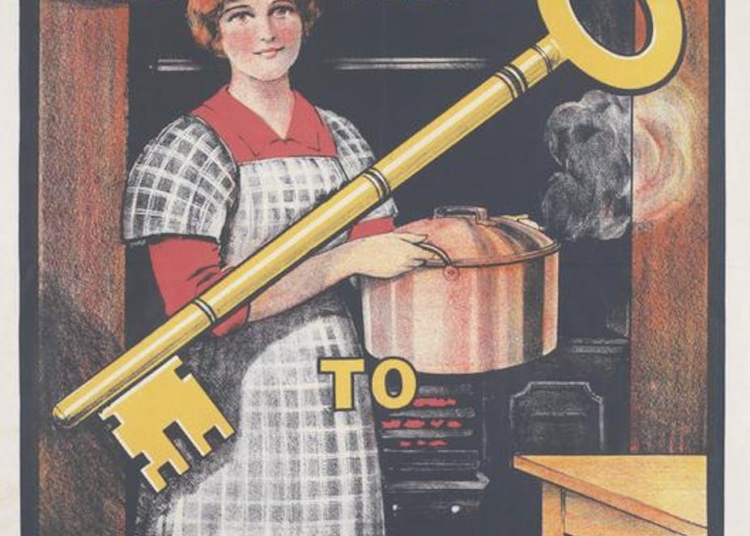This content discusses the crucial role that women played on the home front during World War I. While the focus is often on frontline soldiers, it is important to recognize the contributions made by women during this time. Women entered non-traditional jobs to fill the labor shortage caused by men joining the military. They also supported the war effort through fundraising, collecting supplies, and providing emotional support to soldiers. Additionally, women challenged societal norms and fought for greater equality, paving the way for women’s suffrage and broader gender equality movements. The post-war legacy of women’s participation in the war continues to inspire and shape society.
Women on the Home Front: Their Crucial Role during World War I
Introduction
World War I, also known as the Great War, saw tremendous upheaval and change on a global scale. Societies were transformed, economies were restructured, and entire nations mobilized to participate in the conflict. While the frontline soldiers captured much of the narrative of World War I, it is essential to acknowledge the invaluable contributions made by women on the home front. Women played a crucial role during the war, taking on non-traditional jobs, supporting the war effort, and challenging societal norms.
Entering Non-Traditional Jobs
With numerous men joining the military or working in war-related industries, women stepped into the workforce to fill the labor shortage. Women took up jobs previously held exclusively by men, ranging from factory work to transportation and administrative roles. They worked as nurses, ambulance drivers, munitions workers, and more. This shift in employment patterns challenged the traditional gender roles, allowing women to showcase their capabilities and contribute significantly to the war effort.
The War Effort Support
Apart from their direct participation in the workforce, women played a crucial role in supporting the war effort through various means. They were actively involved in fundraising campaigns, collecting supplies, knitting socks, making bandages, and providing emotional support to soldiers through letters and care packages. Women’s organizations, such as the Women’s Army Auxiliary Corps and the Women’s Land Army, were formed to coordinate these efforts and maximize their impact.
Challenging Societal Norms
World War I acted as a catalyst for social change, and women were at the forefront of challenging societal norms and advocating for greater equality. Their newfound participation in the workforce allowed them to demonstrate their abilities and demand equal pay and rights. The suffragette movements gained momentum during this period, as women fought for their right to vote and be represented politically. These efforts laid the groundwork for the eventual women’s suffrage and paved the way for broader gender equality movements in the years to come.
Post-War Legacy
The role of women during World War I had a lasting impact on society and paved the way for significant changes in the years that followed. Many countries granted women the right to vote shortly after the war, recognizing their contributions and sacrifices. Women’s increased participation in the workforce during the war also challenged long-standing perceptions about gender roles and opened up new opportunities for future generations.
Conclusion
Women played a vital and often overlooked role during World War I. Through their participation in non-traditional jobs, support for the war effort, and their relentless fight for greater equality, they proved their capabilities and helped reshape society. Their contributions during this transformative period continue to inspire and serve as a testament to the strength and determination of women on the home front.













